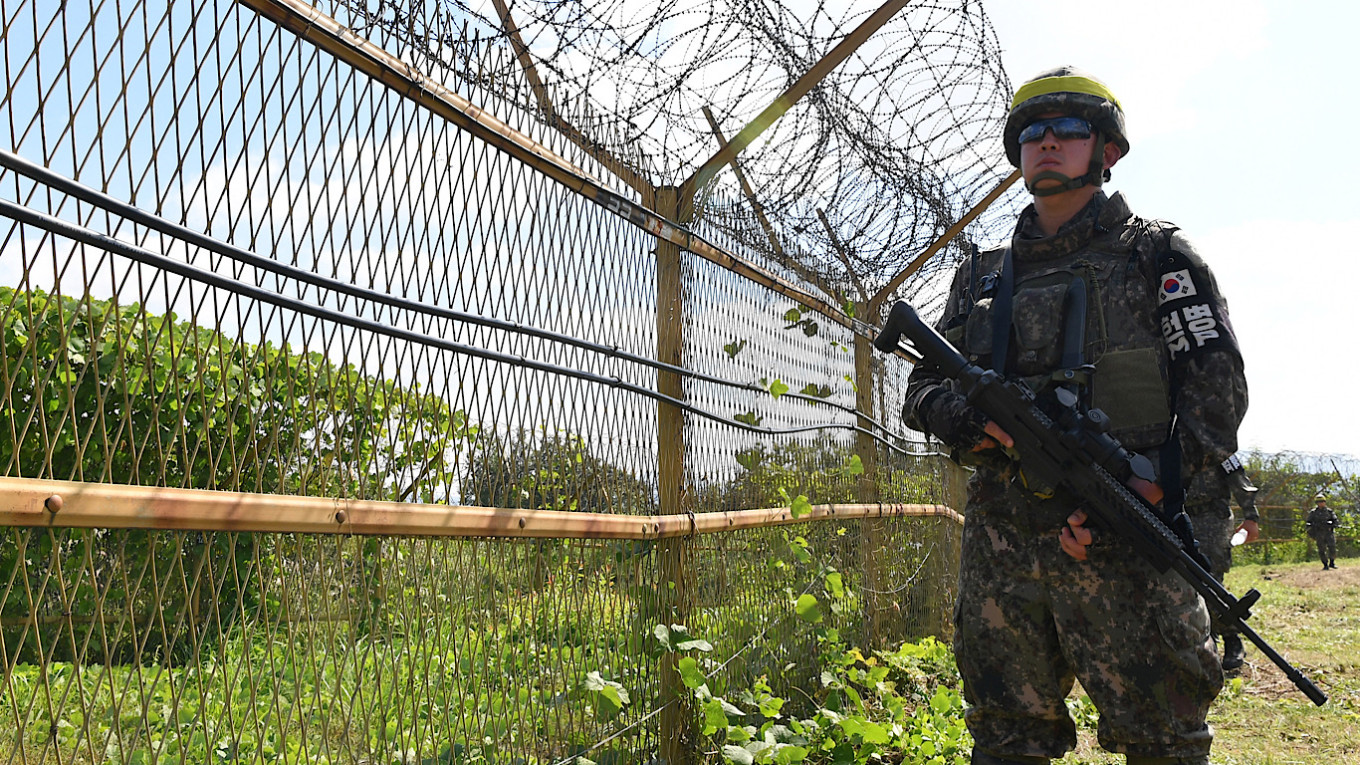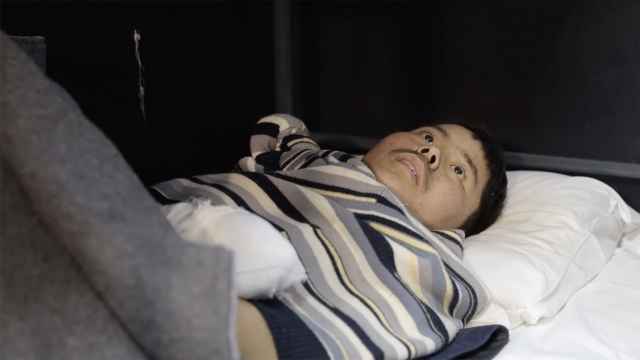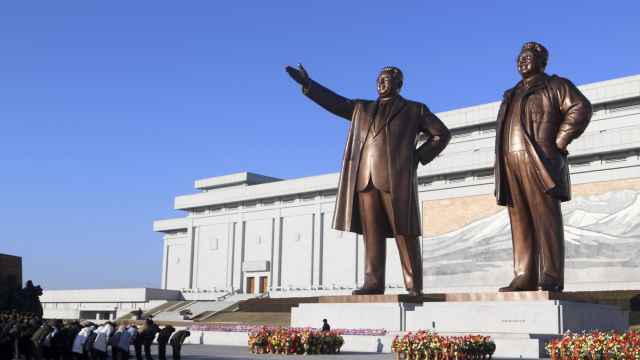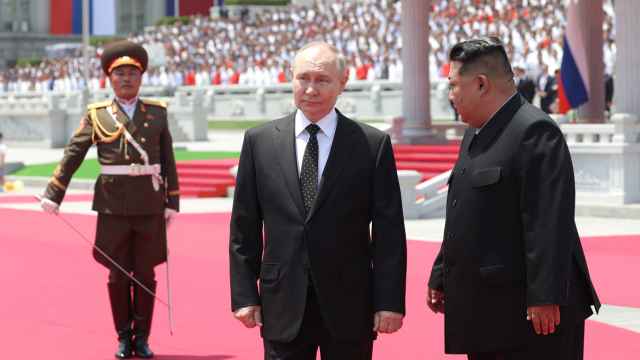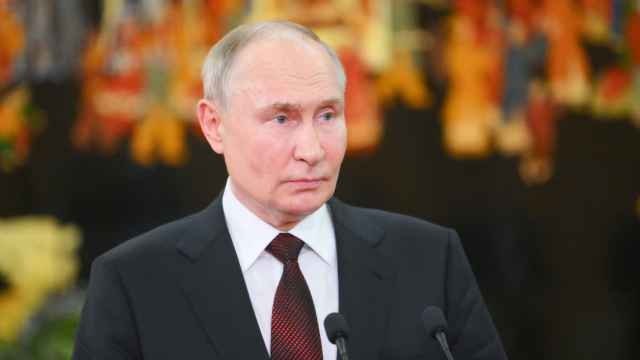Around 2,000 North Korean soldiers deployed to help Russia fight against Ukrainian forces are believed to have been killed, South Korean lawmaker Lee Seong-kweun told reporters on Tuesday after a briefing from the National Intelligence Service (NIS).
South Korean and Western intelligence agencies say Pyongyang sent more than 10,000 troops to Russia in 2024 — mostly to the southwestern Kursk region — along with artillery shells, missiles and long-range rocket systems.
Lee said the NIS believes North Korea plans to deploy another 6,000 soldiers and engineers, with about 1,000 combat engineers already in Russia. Moscow earlier confirmed that North Korean builders and deminers were working in the Kursk region.
Pyongyang acknowledged in April that it had sent troops to Russia and that some had been killed. Since then, state media has shown leader Kim Jong Un consoling bereaved families, embracing returning soldiers, and kneeling before portraits of the dead.
Russia and North Korea signed a defense pact last year during President Vladimir Putin's visit to Pyongyang.
A Message from The Moscow Times:
Dear readers,
We are facing unprecedented challenges. Russia's Prosecutor General's Office has designated The Moscow Times as an "undesirable" organization, criminalizing our work and putting our staff at risk of prosecution. This follows our earlier unjust labeling as a "foreign agent."
These actions are direct attempts to silence independent journalism in Russia. The authorities claim our work "discredits the decisions of the Russian leadership." We see things differently: we strive to provide accurate, unbiased reporting on Russia.
We, the journalists of The Moscow Times, refuse to be silenced. But to continue our work, we need your help.
Your support, no matter how small, makes a world of difference. If you can, please support us monthly starting from just $2. It's quick to set up, and every contribution makes a significant impact.
By supporting The Moscow Times, you're defending open, independent journalism in the face of repression. Thank you for standing with us.
Remind me later.


